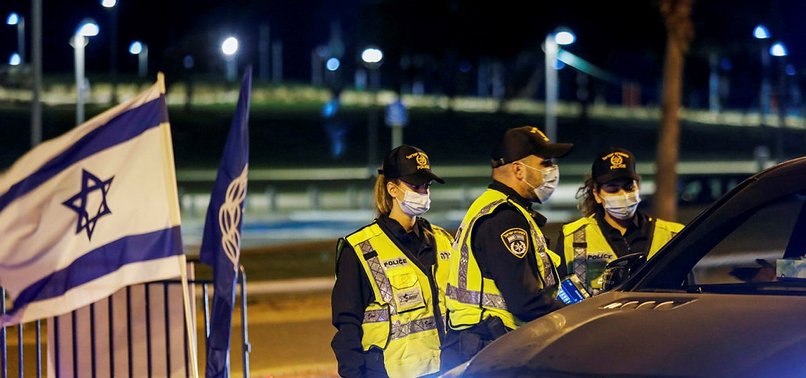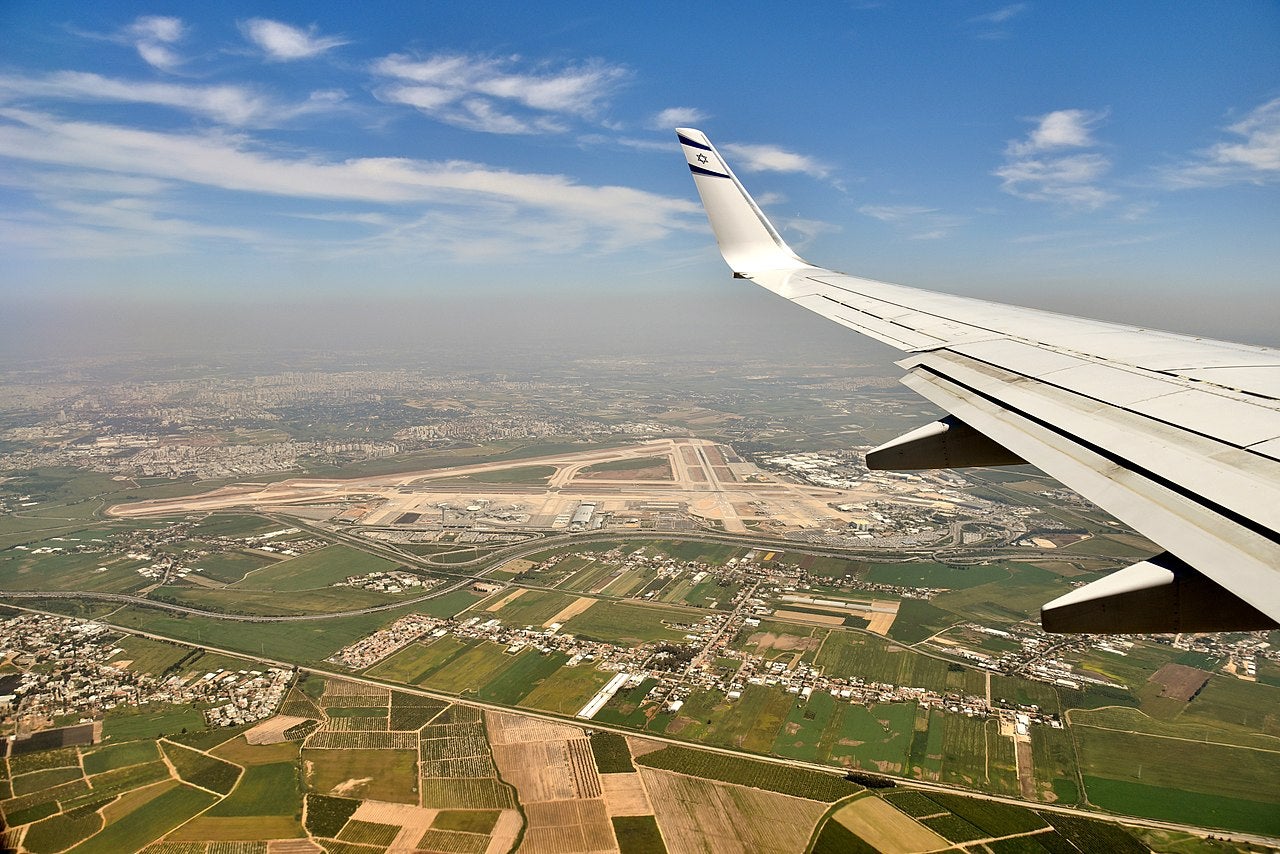
Last week, one hospital official admitted to reporters that “when I see a Haredi person, I immediately think he has coronavirus,” while a correspondent for the newspaper Haaretz claimed the community was facing its “greatest challenge since the Holocaust.” The crisis has led to renewed speculation that the community's insular customs and suspicion towards the secular Israeli state can no longer survive in the modern world. “The police need to beat them up with no mercy - they are not backed up by the Rabbis or anyone else.” “The radicals, they are a ticking time bomb, and most of the community rejects them,” he said. Yehuda Meshi Zahav, a former orthodox extremist who now runs the emergency response charity ZAKA, reacted with disgust to the images of extremist Haredi Jews coughing at police. Some extreme factions of the community have even clashed with police in one recent incident they were filmed coughing at officers and calling them “Nazis.” The more ardent Haredi factions continued to gather in groups for illegal prayer sessions, while some Rabbis initially told religious schools to stay open in defiance of the lockdown.Īs a result, several Haredi neighbourhoods, including Bnei Brak near Tel Aviv, have been sealed off due to an explosion in cases. The relatively low number of deaths has been linked to Israel's world-renowned healthcare system, as well as an austere mobile phone surveillance system operated by Shin Bet, the internal security agency, to identify those who breach quarantine.īut the Haredi community, which shuns television, the internet and newspapers, as well as mobile phones, was initially slow to recognise the gravity of the situation. Israel is grappling with 11,000 cases of coronavirus and has reported 118 deaths, having deployed the army to enforce rules on social-isolation, which include a ban on travelling further than 100 metres beyond the home and a shutdown of the country’s borders. And this kind of communal lifestyle, where families get together frequently, it just leads to a lot of human interaction that can lead to a lot of infection," he added. “In addition to that, they live in sets of large families and very close knit communities. “Haredi Jews are very particular about going to synagogue and communal prayer,” explained Rabbi Yehoshua Pfeffer, a lecturer at the Hebrew University of Jerusalem, in a video call with reporters. The community tends to be suspicious of Israeli government rules, and places a high emphasis on communal living and group prayer - cultural aspects which have helped the virus spread through the population like wildfire.



The pale young men looked downcast as they were led away by police in riot gear, their sidelocks fluttering in the breeze under their black hats.īoth are members of Israel's ultra-orthodox Jewish community, or Haredim - “those who tremble" before God.Īnd while neither looks like a public menace, they were arrested for flouting lockdown rules - a potentially lethal threat to a community which has been hit harder by the coronavirus than any other in Israel.ĭespite comprising just ten per cent of the Israeli population, ultra-orthodox Jews are believed to make up around half of the country’s hospitalised coronavirus cases.


 0 kommentar(er)
0 kommentar(er)
